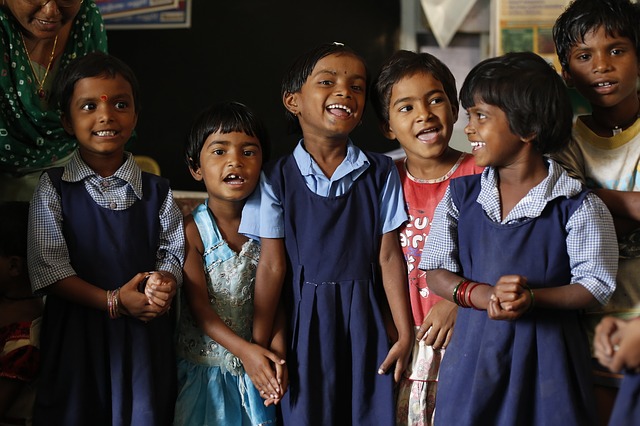With the revised National Education Policy coming up by the Ministry of Human Resource Development(MHRD), India, new revelations have emerged.
- A major development that can be expected is that India will make education a basic right for everyone from pre-school to grade 12.
- Also, the number of courses will increase with a decrease in the quantity of content.
- Students will also be supposed to face the board exams twice-a-year if the policy goes through.
Added courses mean that now the students will have a huge pool to choose their electives from. What earlier used to be considered at extra-curricular activities like drawing or dancing will now enter the pool of electives. This is with the motto that students are encouraged and developed according to their personal interests and aptitudes. This can also help them shape their future.
According to MHRD, the idea is to take the burden off the students. When questioned about the bi-yearly board examination, the department described that the exams would be of a basic level just to test the basic understanding concept of the subject. It is important to replace the concept of rote-learning with a better education system.
The draft National Education Policy will be presented to the cabinet and later, in the Parliament for discussion in the upcoming winter session.
National Education Policy to extend the RTE
With the huge changes in the National Education Policy, the National Council for Educational Research and Training(NCERT) is waiting for approval so that they can start working on the new curriculum, called the National Curriculum Framework, for schools all across India.
This would take NCERT two years to come out with new guidelines for teachers and new books for the students.
Students till grade 8 will not be forced to change their language of instruction and will continue to work in their mother tongues, except for English-medium schools. This was done especially for the rural and the tribal kids who have a hard time adapting to a new language. This often leaves them behind and they ultimately drop out of the school.
The pre-school will be extended now from a one-year period to a three-year period and will be joined with grades one and two. This will be a part of the ‘5-year foundation stage‘. As of this moment. according to the Right to Education(RTE) Act, 2009, education is a basic right for everyone until grade 8. After the National Education Policy goes through, pre-school and high school education will also come under the RTE Act.







